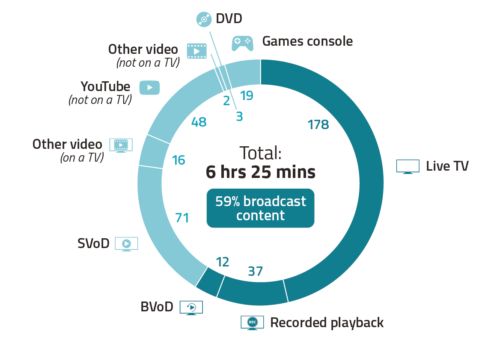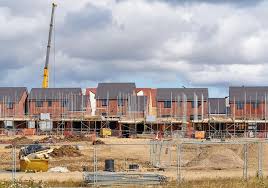Almost 500,000 premises across the UK are now connected to gigabit-capable broadband
Government announced that almost half a million premises are now connected to a gigabit-capable network, which is part of the £1 billion government funding commitment until the end of 2021. A further £5 billion funding will help the hardest-to-reach areas. 45,000 vouchers, worth more than £90 million, were issued to help cover the costs of delivering gigabit speeds directly to people’s homes and businesses. Counting commercial investment, more than 7.5 million premises can now access gigabit-capable broadband, compared to around 1.4 million premises in 2018. (more…)











